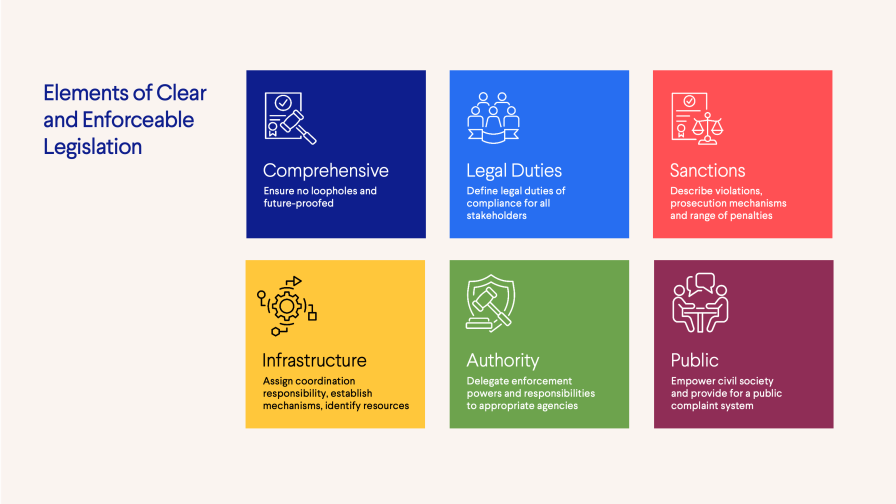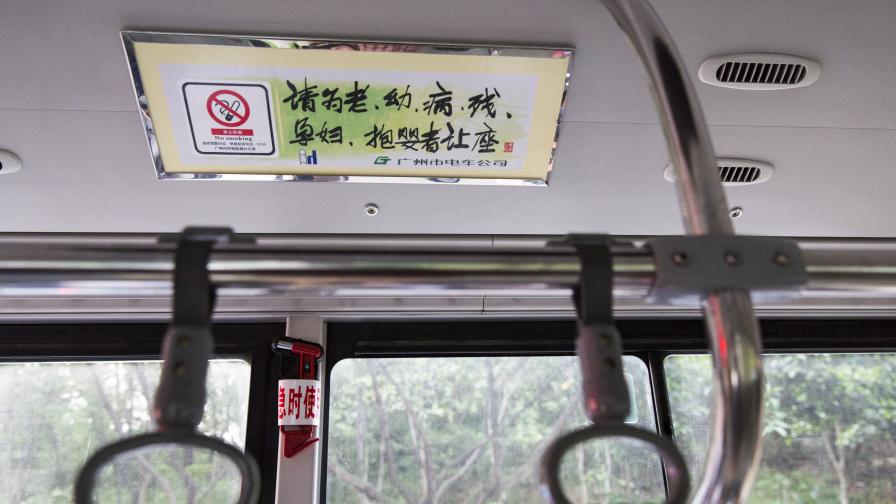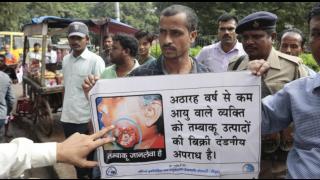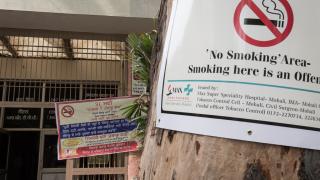
GOAL: Clear, practical regulations that are enforceable.
A regulation (or rule, order, ordinance or guideline) is issued by an executive authority or regulatory agency of a government, indicating how to implement a specific law and the related penalties and sanctions.
Regulations are key to implementing legislation; the way they are drafted can significantly impact the effectiveness of the law and whether it can be enforced.
Recommendations on regulations
It is key to ensure that laws are not weakened through the regulatory process. Regulations can also be used to address weaknesses in the law.
Use the navigation below to explore this page and find guidance and top tips on tobacco control regulations.
Tobacco control regulations should:
- Assign legal duties of compliance with clear responsibilities
- Outline what constitutes a violation and the associated penalties
- Assign enforcement authority to the appropriate agencies
- Assign responsibility for coordination to the relevant agencies
- Include civil society and provide for a public complaint mechanism
featured resources
WHO FCTC Implementation Guidelines
This publication contains the guidelines adopted by the Conference of the Parties (COP) to the WHO Framework Convention on Tobacco Control (WHO FCTC) at its second (2007), third (2008), fourth (2010) and fifth (2012) sessions.
Smoke-free Air: Law Enforcement Lessons from the Field
This toolkit from the Global Smoke-free Partnership draws on the experience of jurisdictions that have successfully implemented strong smoke-free laws, and captures some of the important lessons common to these efforts.
WHO: Making Cities Smokefree, 2011
This WHO publication offers practical guidance to assist staff and city officials prepare for and implement smokefree legislation.

- Set up an implementation task force made up of relevant stakeholders early in the process
- Be vigilant against tobacco industry interference throughout and prepare for the risk of litigation
- Ensure penalties are significant enough to deter violations
- Plan for implementation and enforcement during drafting
- Strategise how and when to release the new or amended regulations, including all stakeholders in the planning
- Protect against implementation delays which can weaken the impact of a new regulation
- Continue to review; regulations are iterative and can incorporate feedback
Assigning legal duties
There should be clear, unambiguous responsibilities for complying with the law which specify requirements for businesses, individuals and industries, as appropriate.
Violations and penalties
Violations should be clearly defined, with effective and proportionate penalties listed for all types of violators, including both individuals and businesses as appropriate.
Three types of penalties can be utilised
- Monetary: fines for individuals and businesses should be a deterrent but set at an appropriate level for the specific context and industry being targeted. Monetary sanctions can be increased for repeat offenses and funding of corrective or countermeasures may be included.
- Administrative: suspension, limitation or revocation of business, trade, manufacturing or import and export licenses; seizure of tobacco product; removal of TAPS.
- Judicial: criminal sanctions, often used as a last resort for persistent offenders.
A simple and clear system for collecting fines should be established. For laws enforced by inspectors, where appropriate they should have authority to issue fines on the spot with simple payment methods.
Coordination responsibility
Regulations should clearly assign responsibility for the coordination of multiple agencies to a lead authority.
Where multiple agencies are named in the regulation, responsibility for coordination should be assigned to a lead agency. The best agency or body for this role will depend on the law and the local context.
Responsibilities and requirements for the lead agency should be clear and appropriate.
Involving civil society
Regulations should include civil society and provide a mechanism for public complaints.
Civil society and citizens play an important role in effective monitoring and enforcement of tobacco control laws, particularly smokefree, TAPS, packaging and labelling and sales to minors. Civil society can also play an important role in education in their communities, coordinating stakeholders and bringing legal action.
Where appropriate, regulations should outline a toll-free complaints mechanism for the public to inform authorities of violations.
Implementation Areas
Legislation
Effective tobacco control laws are passed by a legislative body to protect the public from the harms of tobacco use.
Countering Industry Interference
Extreme vigilance is the only way to counter the tobacco industry’s attempts to interfere with and muddy public health policies.
Coordination and Planning
Multiple government agencies are frequently tasked with tobacco control law implementation and enforcement. Effective coordination and communication between them is key.
Stakeholder mobilization
Tobacco control law compliance depends on diverse stakeholders with both the capacity and commitment to effectively implement and enforce them.
Public communications
Public education campaigns enumerating the benefits of tobacco control legislation help build consensus and facilitate smooth implementation.
Enforcement Actions
Multiple agency coordination, stakeholder engagement with stakeholders, and strategy and planning activities are all critical components of enforcement.
Monitoring and Evaluation
A plan to assess progress and evaluate impact must precede implementation.
Compliance
Tobacco control law compliance increases the percentage of the population that is protected from tobacco harms.








